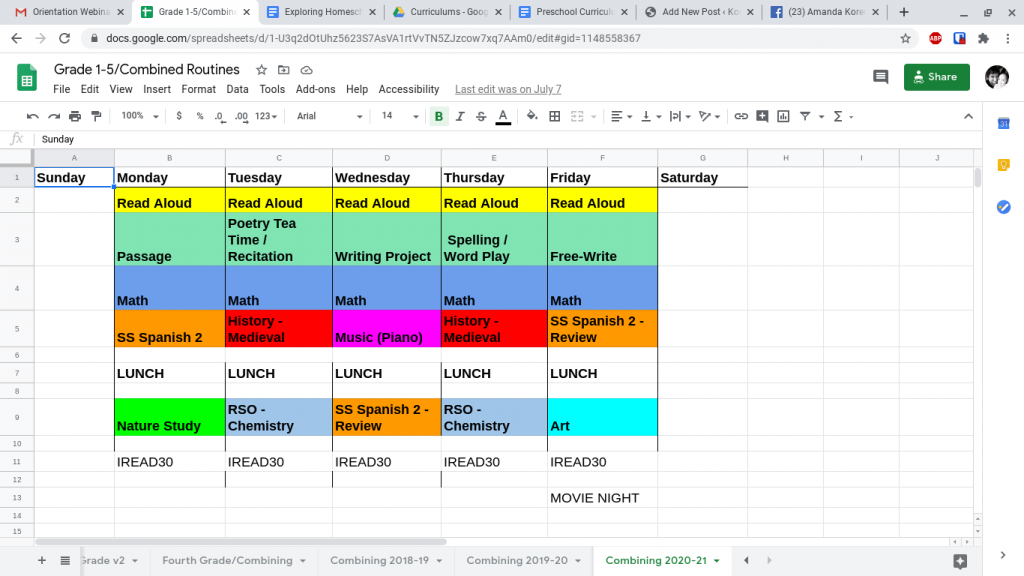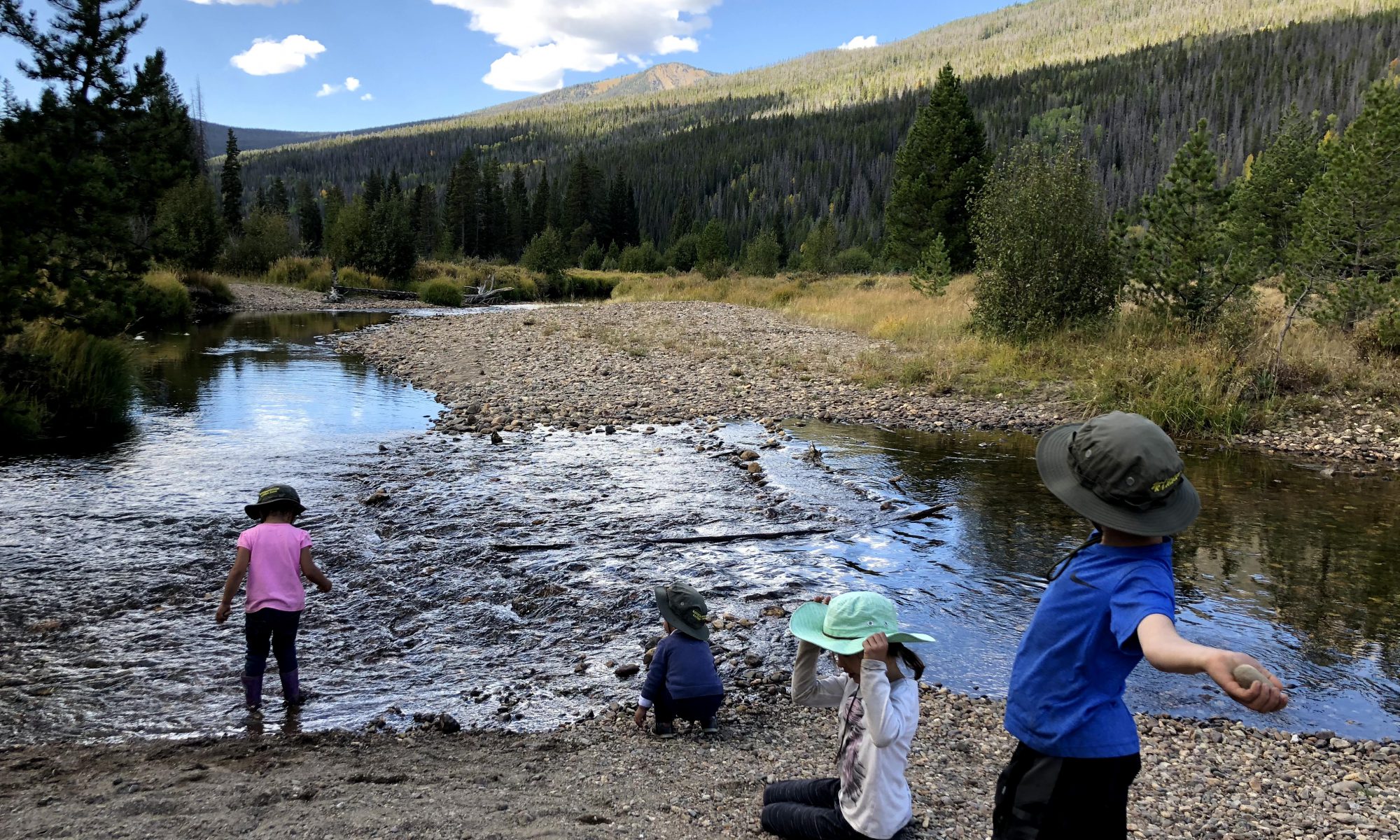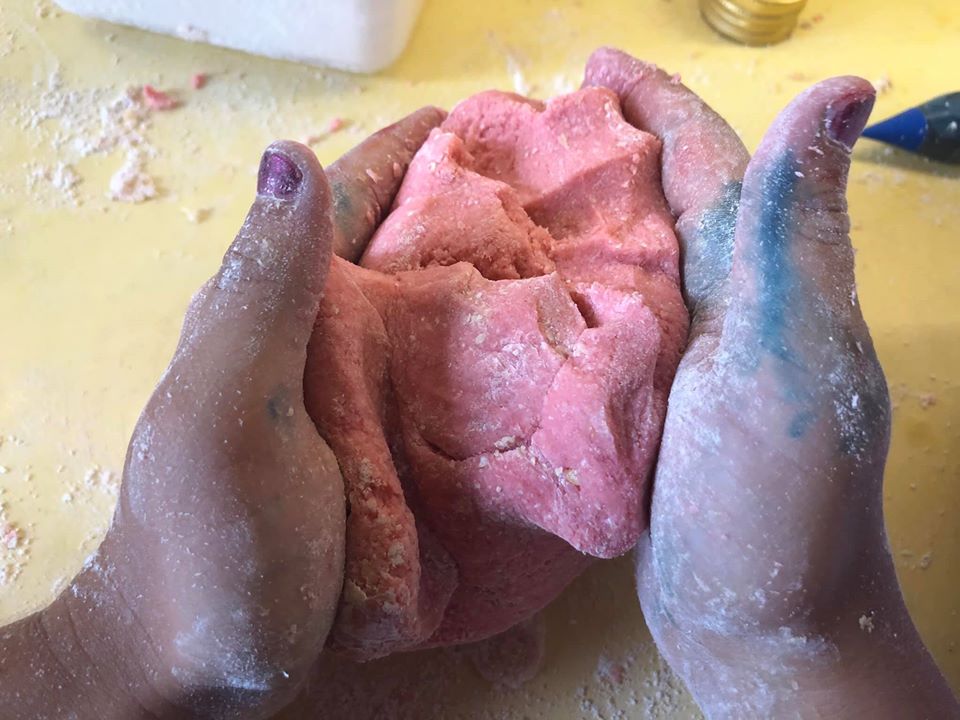Given the current state of affairs, I have been approached by various parents considering homeschool as an option for the first time. I love to speak about this subject, as parent and educator is my expertise and career of choice. With a background in pediatric nursing, child advocacy, over a decade of parenting experience involving five different and beautiful children… I’m quite passionate about it! I’d love to help any of you on a more intimate level as well, but I find there is some information and guidance that simply applies to all who suddenly find themselves pondering if homeschool is right for them.
I think it’s great you are exploring the possibility of homeschool! Homeschool has been an amazing experience for our family, but this doesn’t mean it’s the best fit for all families. People come to it for all kinds of reasons, and oftentimes the reason drives what it will look like for your family. Our initial reason for homeschooling has changed over the years. I think it’s helpful to come up with a mission statement for what your overall goal is for your child’s education. This is ours: “Our mission is to inspire and encourage lifelong learning while preparing our children to be successful adults.” This overarching goal should be revisited from time to time and help guide if your day to day is inline with your long term goals.
Every homeschool is unique to the family. I can share with you how we do things and approach education; however, you’ll need to make decisions that fit your personal family dynamic. We like to look at our education as a lifestyle of learning and not something we sit down to do for a designated set of hours everyday. Learning extends so much further than traditional book work and I think your child will appreciate that kind of approach, given how most of us learn. Learning happens best when you can engage the five senses. Each of my five children are very different in how they learn, personality, interests, and development. I’m able to better tailor their education experience at home in order to help them reach their fullest potential.
Regardless of age and needs, you will need to take the time to find what will work best for both of you. Both of you need to find joy in learning. Also, understand that you may have hard days and so will he or she. So give each other grace.
This will be our sixth year homeschooling. My children are 10 months, 3 yrs, 6 yrs, 8 yrs, and 10 yrs.
Your children are going to be your best teachers. I say this because despite the idea that you are signing up to teach them, inevitably they will be teaching you. They are going to uncover weaknesses in yourself, you weren’t aware of. They are going to test your patience and commitment to them and their education. They are going to look for constant reminders that you love them. They will pick up on your mood, emotions, and interests. It’s impossible for you to know everything about anything and you’ll need to embrace this as you learn or relearn with your child. You are their model at all times! You will make mistakes, so have the humility to address them and apologize when you inevitably fall short of perfect for your child.
I highly recommend taking time for self-discovery and self-work before and during your homeschool experience. Find your support. That may come from family, friends, and/or interest groups. Connect with people that can encourage you.
There are many many curriculums out there. I can share with you what we use, but you may want to explore others as well since my values, beliefs, personality, and needs of my family/children will be different than yours. Taking on homeschooling is an understanding that you will always be learning and evolving as well with your children.
There is no “right” way to do it.
I find it extremely helpful to create a syllabus and lay out my rough plan for the year of what we’ll cover and what resources we’ll be using. This may change, and we move at a pace appropriate for my child, but it’s a guide. I also reserve flexibility to go down rabbit holes and detour from our set plan from time to time. I keep three ring binders for each of my children where I have our routine and their syllabus included. Throughout the year, I will add their work under subject tabs to create a sort of portfolio for the year. I also keep a planner to help me stay organized with our daily goals.
Despite common belief that homeschoolers are isolated and lack socialization, this has not been our experience. My children interact with individuals of all ages and developments on a regular basis. Before COVID, we took part in many local homeschool groups, field trips, classes, and play dates. We have had to restrict given the pandemic, but are still remaining in touch with a smaller circle. If you are looking for homeschool groups in the area on FB search for: Learning Together Rochester (secular), Rochester Christian Homeschoolers, Schole (Rochester). There are many other larger groups outside of these that you can be a part of, but this is local.
In Minnesota, you will need to complete a Letter of Intent through your school district and submit this in the fall. Children are required to do a standardized test (you choose the test within the given parameters) every year from 7-17 if they are homeschooled; however, if a child attended school before age 7 and is being removed to homeschool, you need to start this sooner. Take some time to search for MN state laws and requirements on this. You don’t need to report her results, but must have them documented and readily available should they be requested. We have used the Peabody test and it has worked well for us, but others I know use the Iowa Basic or the CAT. This test should not be a time of stress for you or the child, but simply providing documentation that learning is taking place and giving you an opportunity to “check in” with where your child is at, given the context of what’s tested.
To give you an idea of how I set up my structure for the year, here is my preschool plan that I’m currently doing with my son.
This is what I had used for kindergarten before I started doing more combined work for our large and growing family.
Kindergarten Routine Spreadsheet
I have since moved to a more combined model since this better fits the needs of our family.
This is our syllabus for this coming school year.
This is the routine we’ll be implementing.

You are welcome to further explore Koren Academy, the site through which you’re viewing this post. I taught many classes in-person out of our home to groups of homeschoolers in the past, and last year I moved to venturing an online class as well. When COVID hit, I tried to finish the year by moving our in-person classes to online.
Depending on your personality and energy and that of your child, your homeschool may look similar or very different than ours.
I highly recommend exploring Julie Bogart from Brave Writer’s podcasts.
I hope that is helpful and gives you a start on exploring and researching the possibility of homeschool for your family. Please contact me personally if you’d like access to view online albums of our homeschool, syllabi and spreadsheets I’ve created to organize our school years, or if you are seeking curriculum recommendations, etc. I’d love to answer questions you may have and offer what guidance I can.
I hope to post a list of parenting and educator book recommendations soon!
Stay safe. Stay sane. Consider your options.

